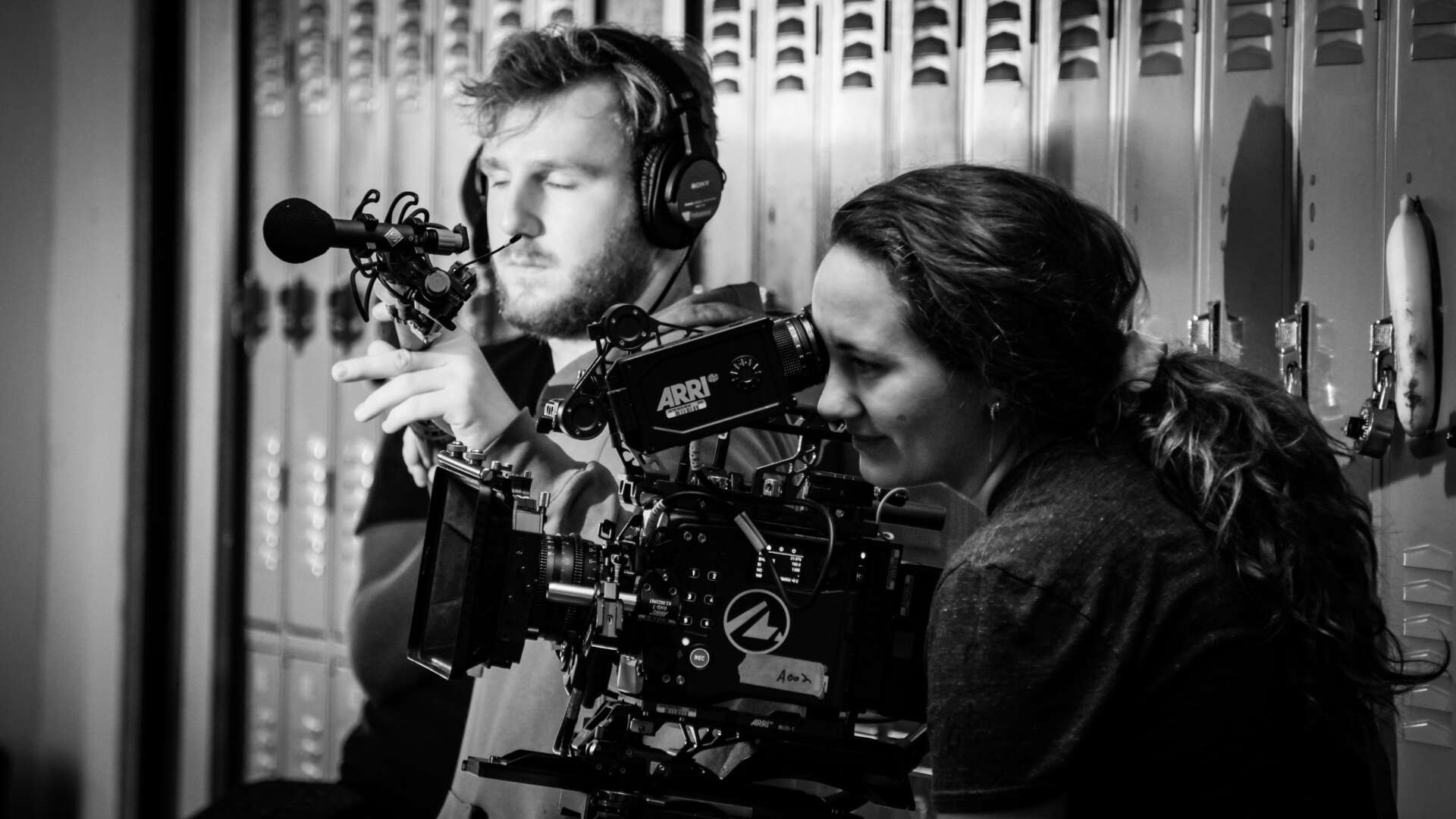We recently connected with Jean Denegar and have shared our conversation below.
Alright, Jean thanks for taking the time to share your stories and insights with us today. It’s always helpful to hear about times when someone’s had to take a risk – how did they think through the decision, why did they take the risk, and what ended up happening. We’d love to hear about a risk you’ve taken.
I’ve worked in the film industry for over a decade as a cinematographer. From the beginning, I was told to caution against taking a stand on politics in the film industry and to remain Apolitical. I was told not to make waves for producers when hiring crew. I was told to take every story given to me, no matter the content or context. I was told “Don’t make waves”, because it would affect your next “hire” opportunity. Keep your head down, don’t take risks, work our way up, and always be grateful to the people who exploit your work because it can affect your “career.”
Working in the film industry below the line is blue-collar labor. It requires a lot of skill, knowledge, mental, and physical strength in order to do what we achieve. We are constantly thrown under the bus by production, leading people to feel that they have little power in their labor. People rarely ask for the rate they deserve because having work is something crew members should be “grateful to have.”
As I’ve grown in the film industry, I’ve discovered none of this to be the case.
I found that standing up for myself and my beliefs was actually the exact thing that made me stand out from the rest of my peers. Having an opinion on the world and a world view is valuable as a filmmaker. It’s important to be public about your views, or else how are you going to find the right people to work with to tell stories? This is especially the case for social justice issues, human rights advocacy, and labor rights.
Being a cinematographer means being the head of a department. Your crew looks to you to be the one to protect them from harassment and financial swindling from film productions. Film production will always attempt to steal crew wages, abuse labor laws, and overextend crew work in order to cut costs. On multiple occasions, I’ve had to stand up for my crew under the threat of “black listing” or becoming a forever “none hire”. In truth, anyone I’ve met whose broken moral or ethical codes I’ve never worked with again and have thrived because of it
When I was an undergrad at Columbia College Chicago’s cinematography program, I was told to never make waves and stay out of politics. Which is odd advice to give because politics is not politicians or bills being passed. Politics is about stories about kids escaping abuse. Politics is finding love in all its forms. Politics is finding the truth in a mystery that is kept hidden. Politics is everywhere; it is what shapes our lives. As artists, we must know our truths and actively tell anyone who will listen who we are. Being someone who stands out from the crowd has done me well because I’ve got no money, no support system, and no industry connections. I’ve had to rely on my skills and convictions alone to make a difference.
That is why most of my work is queer-focused on LGBTQ+ issues. My work also seeks out stories told by diverse storytellers and femme presenting leaders. Stories that I like to tell are focused on key social justice issues. All of these can fall under any umbrella of the film industry, be it feature films, documentaries, or music videos.
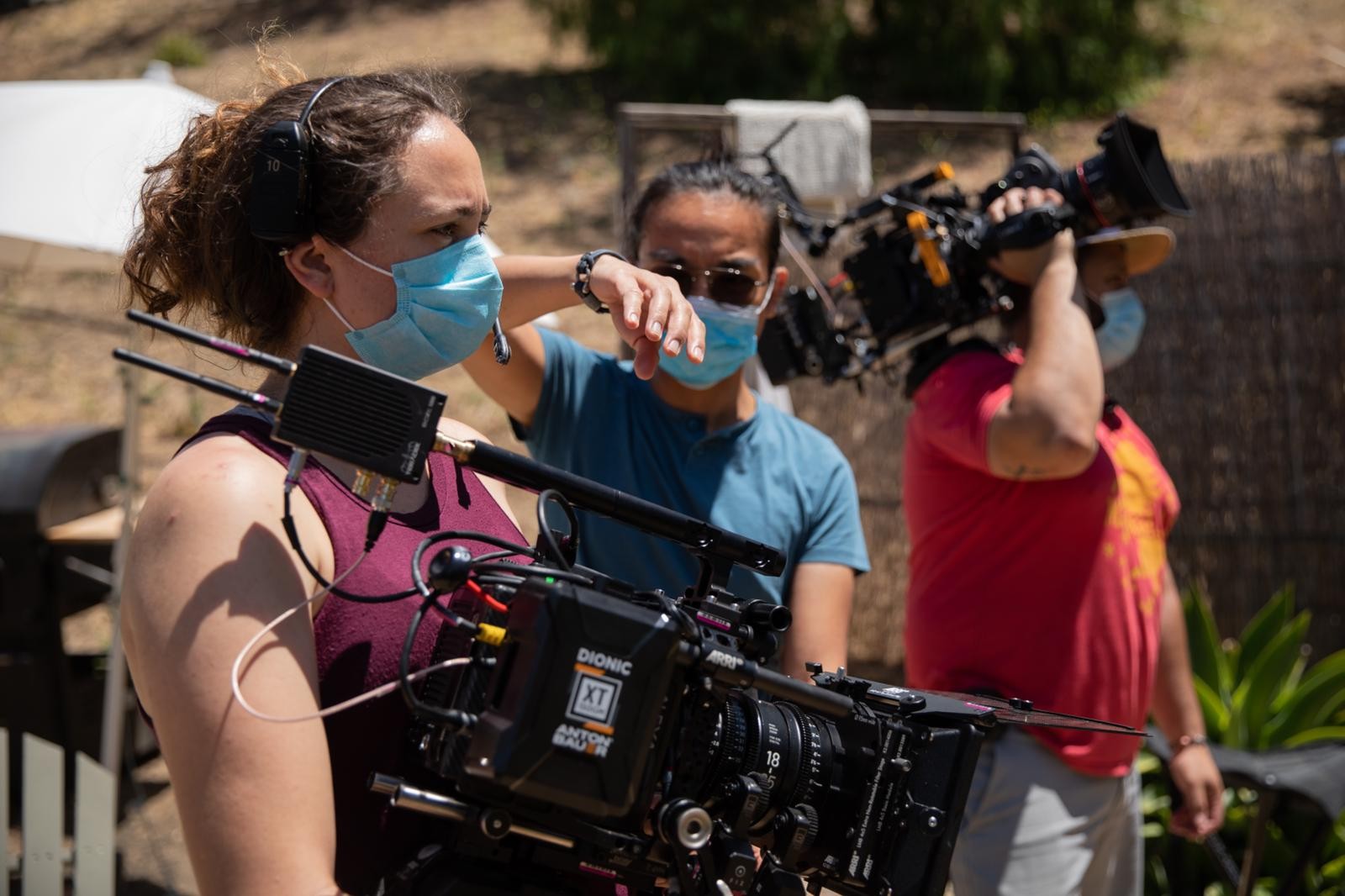
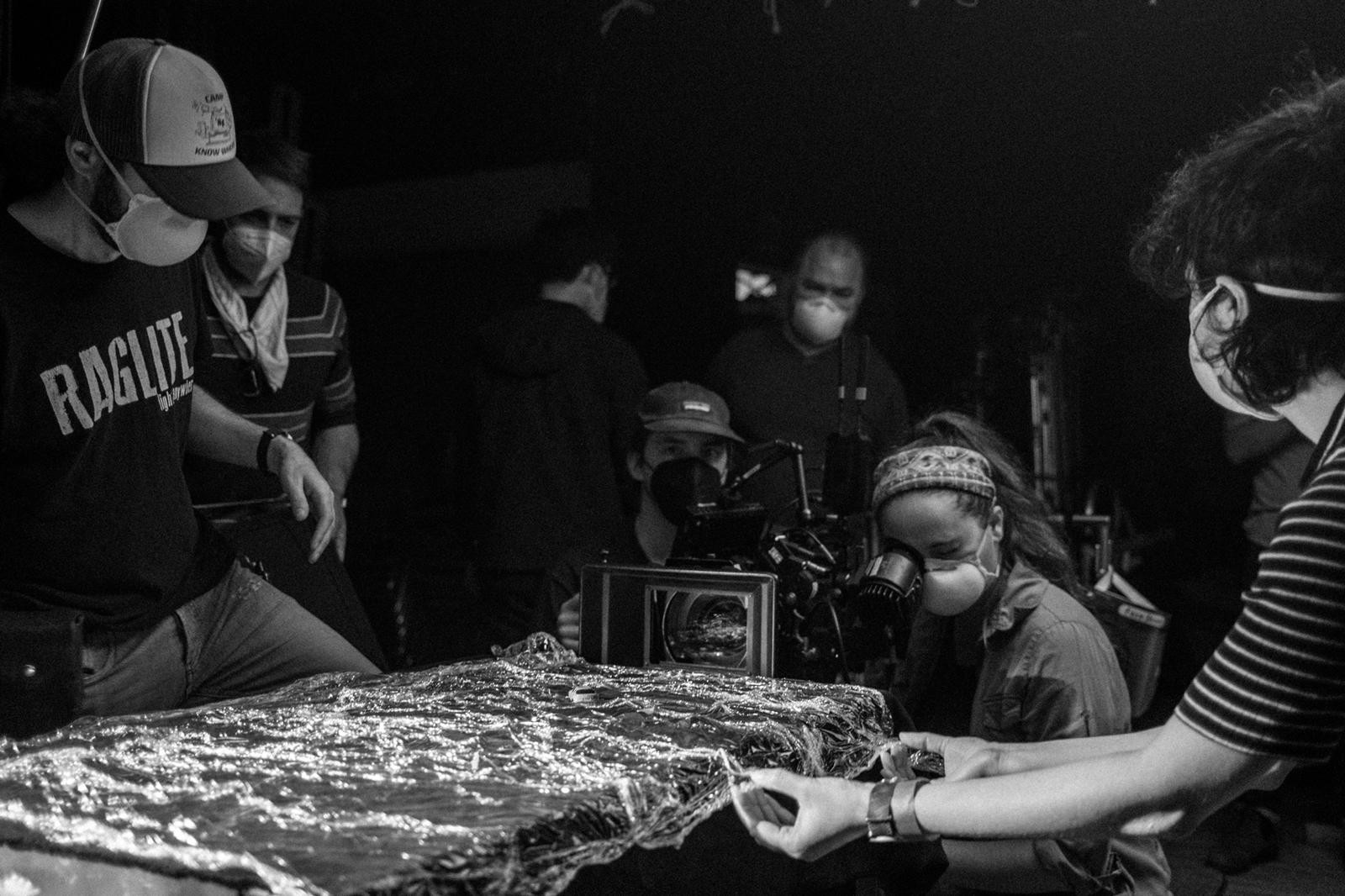
Jean , before we move on to more of these sorts of questions, can you take some time to bring our readers up to speed on you and what you do?
It has taken over a decade to build my brand, but they say patience is well rewarded. It’s true. I started in the film industry, working up from gaffer to 1st AC, camera operator, and finally cinematography. I’ve worked on major productions such as the documentary film “This Changes Everything”, “Trixie Motel”, and “The King of Cool”. After finishing a few start-up companies and graduating from the American Film Institute, I started my own company, which I co-founded a film production company, “Bella Ciao Cinema,” aiming to cultivate diverse and inclusive social political stories, be they narrative features, documentaries, or music videos.
We’ve already shot several productions that are in post as we speak, ranging from political music video artists to local politics documentaries. We’re currently in pre-production on several narrative feature films that we will be pitching next year.
Part of what I’ve learned about the stories that I would like to tell is to take the lead and do whatever I can to make those stories heard. You could say that starting my own business is a financial risk, but it has always been a risk to working in the film industry.
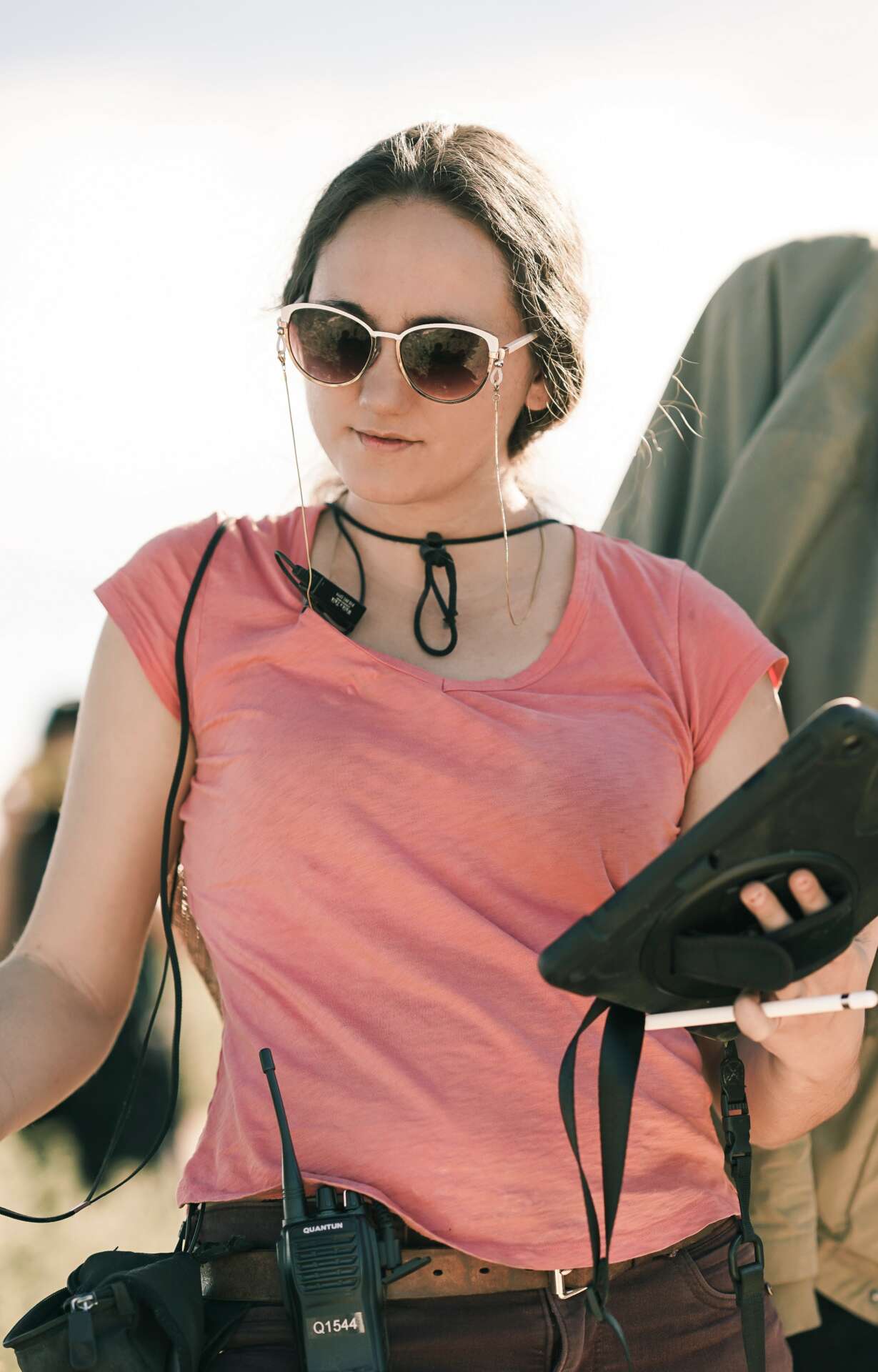
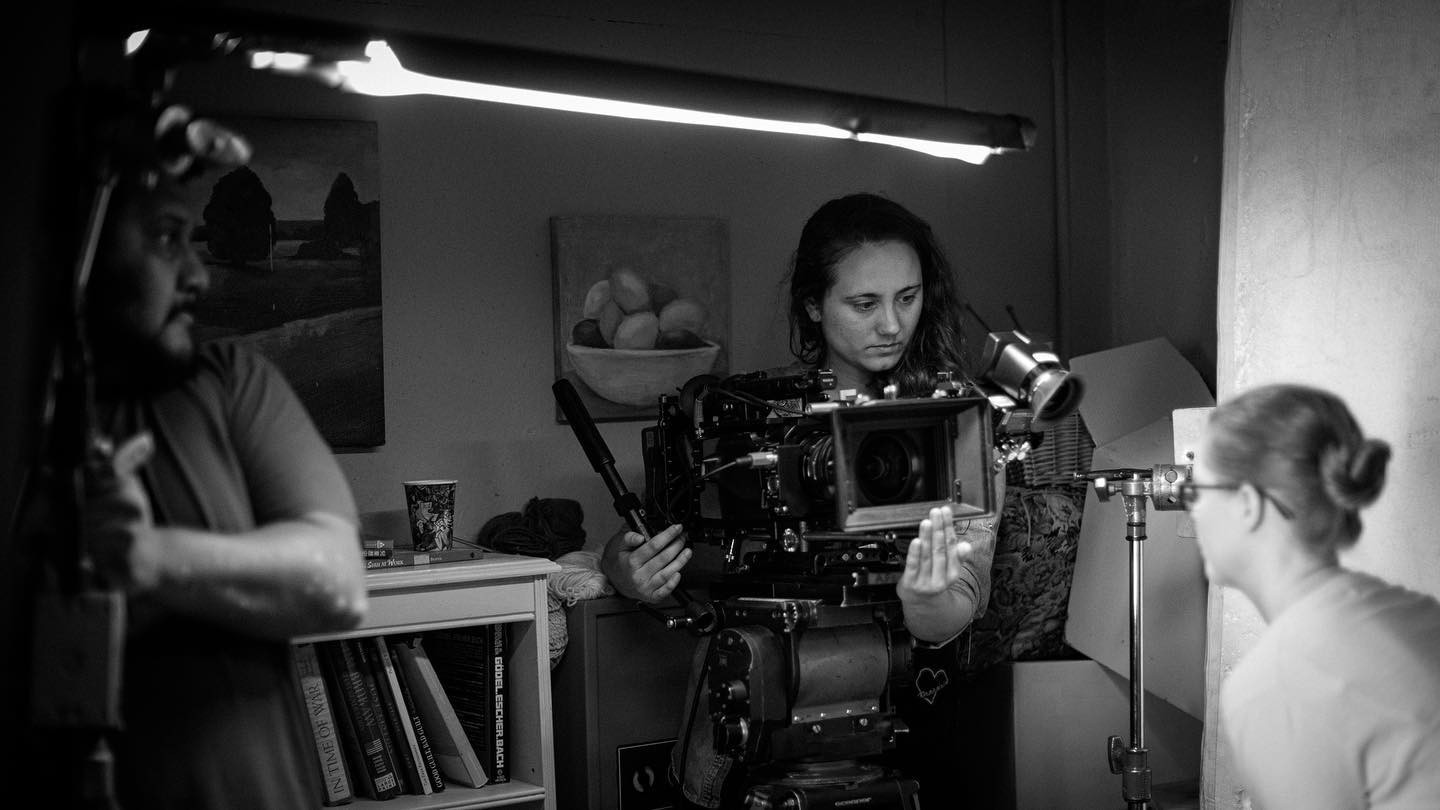
Is there mission driving your creative journey?
When I was young, I did a lot of work helping my community in my free time. I was part of food bank distribution, recreational center assistance, charity fundraisers, assisting in convalescent centers, and community clean-ups. Our family struggled, and we went without most winters, so I felt it was natural to help others. Being proactive in my community and having the feeling of wanting to make a difference never truly left me. It guided me in my undergraduate studies to focus on what stories matter. What stories will make a difference in this world? That is my ultimate goal in my creative journey as a filmmaker and a photographer. I take the role of filmmaker very seriously. We have a lot of influence on our culture. The use of film literacy can and is used for nefarious purposes in our industry all the time. That is why I will not simply tell any story. I will not just accept any job if it is morally reprehensible, goes against basic ethics, or perpetuates sexist, racist, or bigoted stereotypes that are very much alive and well in Hollywood. My work is always attempting to be proactive.
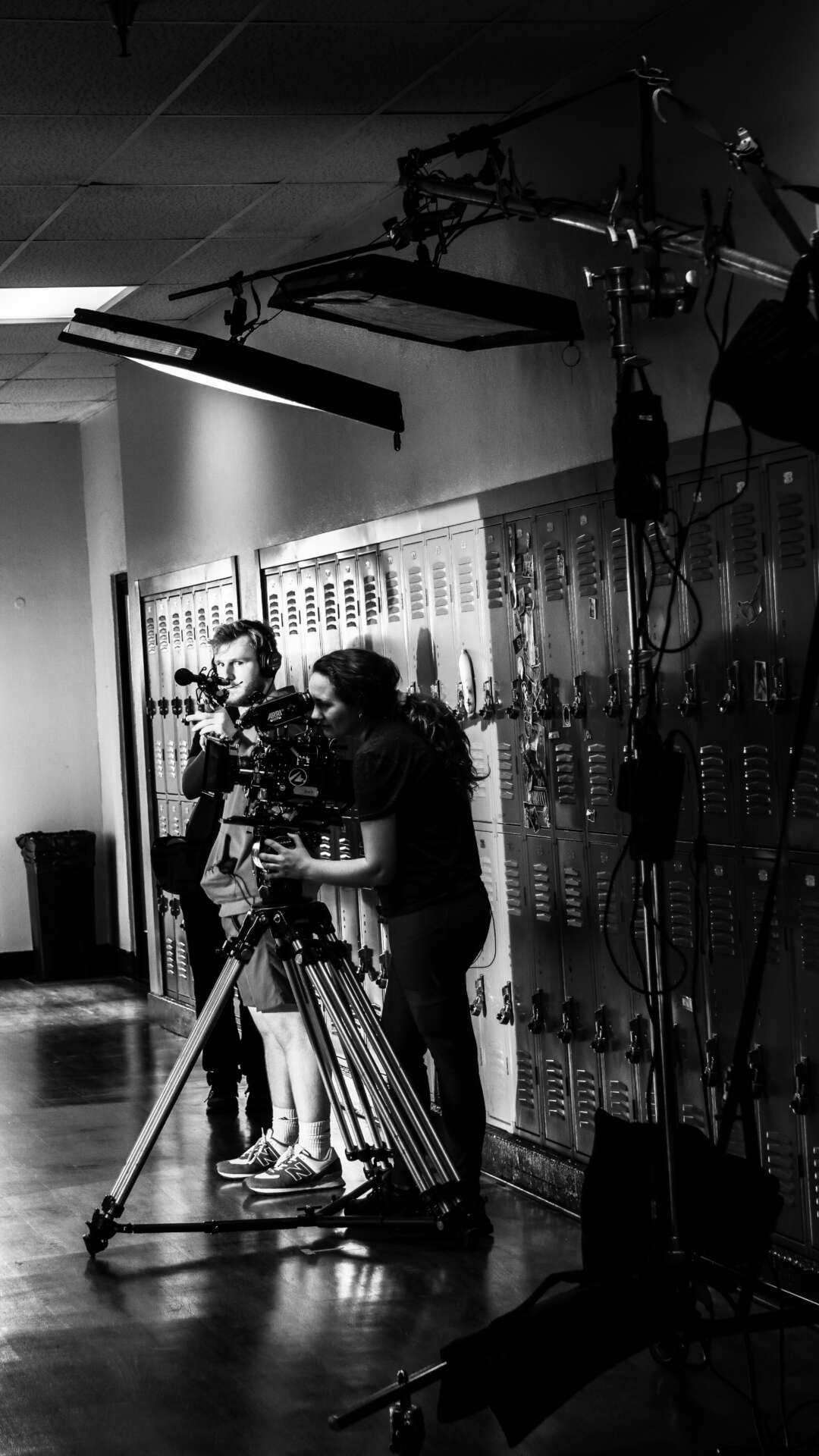
Can you share a story from your journey that illustrates your resilience?
Being involved in my community outside the film world brings me closer to the people and our shared struggles. It’s important to me to advocate for human rights, to stand up for justice, and to uplift disenfranchised voices. In doing so, I was offered my very first narrative feature film because of the work that I was involved in outside of the film industry.
Just like how we tell the stories we experience, we must also go out to experience the world in order to tell them. I’ve been involved in on-the-ground movements since the George Flyod protests in 2020. The relationships I built there continue to this day. That includes the unhoused community in 2021 that was experiencing forced displacement. During that time, in the spring of 2021, a small community in Echo Park Lake had come together to help each other provide for basic needs while the city had largely left them abandoned during lockdown. The community had created a local food pantry, a community kitchen, showers, reading, and support for supplies. By 2021, people were anxious to be outside once more. Meaning that the public and city council wanted to remove the site of these tent communities that had sustained themselves. In a flash, community members gathered to stop the police from throwing away people’s personal belongings and try to assist them in finding shelter. There was a mass mobilization that I documented on social media live stream. I rarely went live, but on this night in particular, there had been a very large number of protestors and police that I felt people weren’t aware of was happening. It was warming to the heart to see people come out to support the unhoused in Echo Park. I would assume most readers wouldn’t be aware of the details unless they were voting in the Echo Park district.
Despite this, the people I cared about seemed to still be watching. After that night, I was offered a job shooting the film “This Sucks,” which premiered this February at the Golden State Film Festival, winning the Audience Award. It was a great honor to be on a project that spoke specifically about the experience of depression and trauma that happened to most during the 2020 pandemic. I am proud to be part of such a strong and talented film community that cares about the type of stories being told. By making my experiences public, people were able to know who I am and my beliefs. It takes time, but I am slowly cultivating my community.
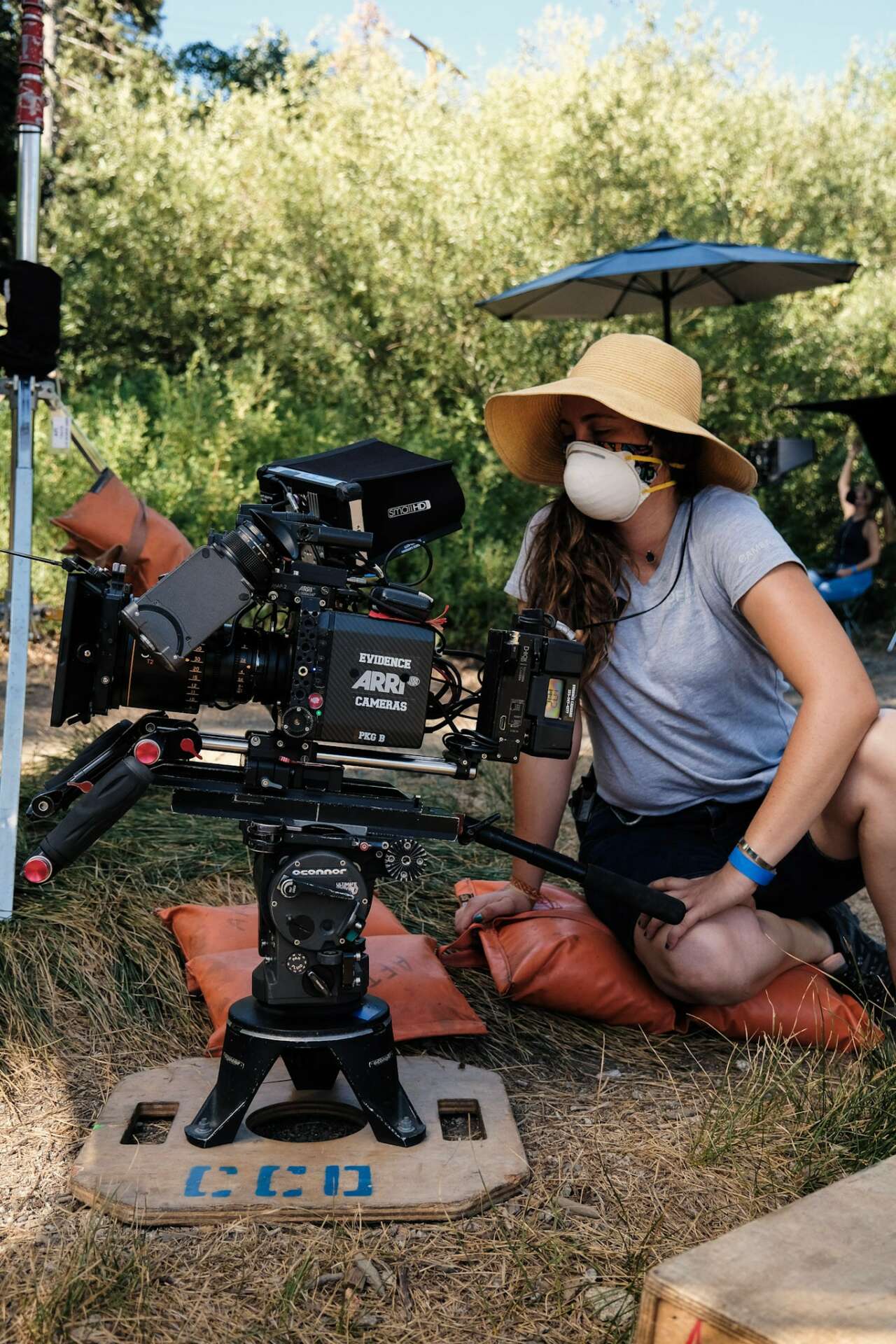
Contact Info:
- Website: www.aleciajeandenegar.com
- Instagram: https://www.instagram.com/the.jean.flavor/
- Linkedin: https://www.linkedin.com/in/jeanfilm/
- Other: www.bellaciaocinema.com
Image Credits
Mateo Nikolav & Oli Cohen


